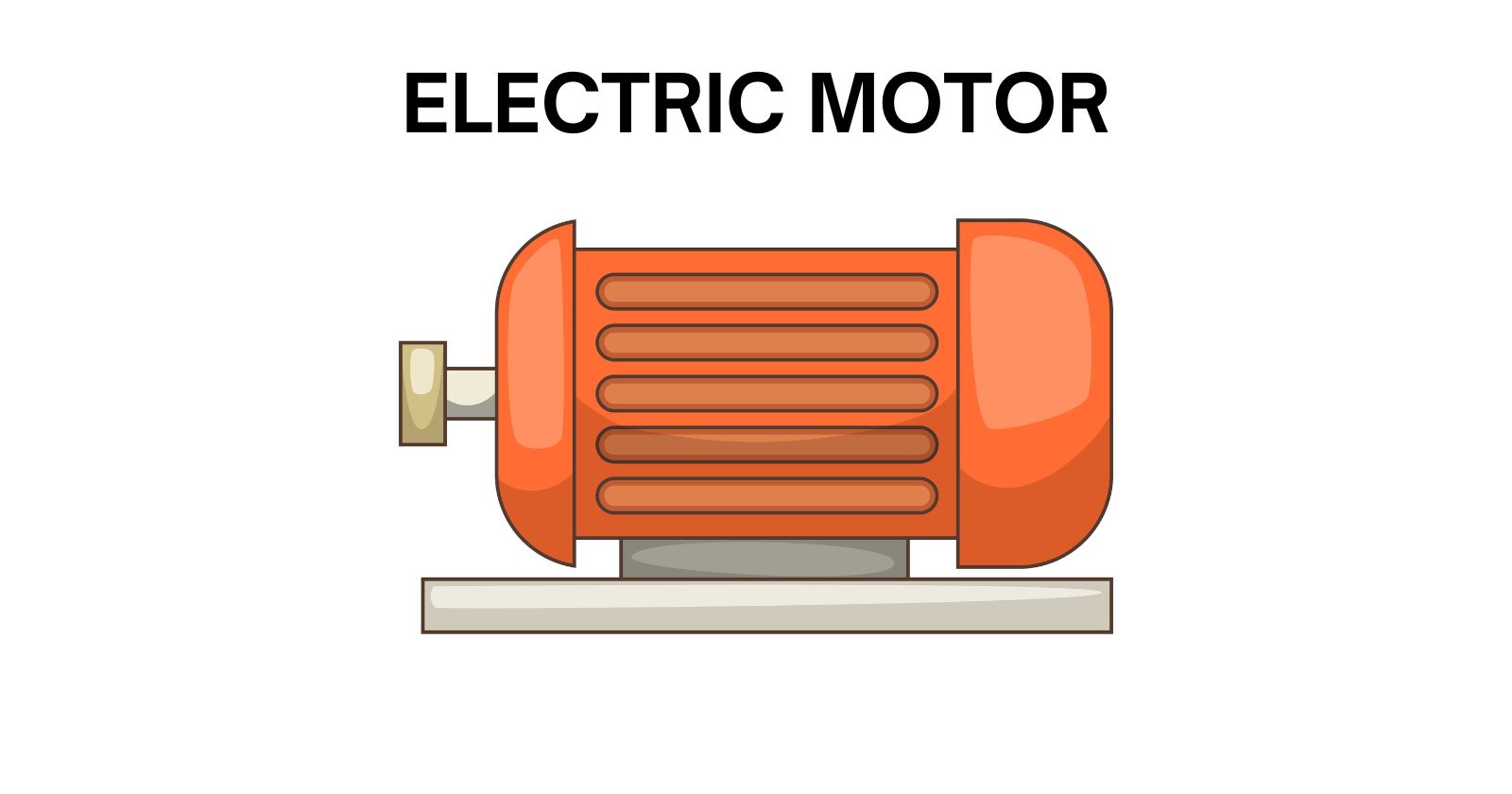What is Electrical Engineering?

Electrical engineering is a dynamic and ever-evolving field that plays a crucial role in modern society. It encompasses the study, design, and application of electrical systems, which include everything from microelectronics to power generation and transmission. This blog aims to provide a comprehensive overview of electrical engineering, exploring its history, fundamental concepts, subfields, and the prospects of this vital discipline.
The Origins and Evolution of Electrical Engineering
Electrical engineering traces its roots back to the late 19th century with the advent of electricity as a practical technology. Pioneers such as Thomas Edison, Nikola Tesla, and Alexander Graham Bell laid the groundwork for the development of electrical systems and devices. Edison’s invention of the electric light bulb and Tesla’s work on alternating current (AC) systems were pivotal in shaping the future of electrical engineering.
As the 20th century progressed, the field expanded rapidly. The invention of the transistor in 1947 by John Bardeen, Walter Brattain, and William Shockley revolutionized electronics, leading to the development of smaller and more efficient electronic devices. The subsequent rise of integrated circuits and microprocessors marked the beginning of the digital age, where electrical engineering became integral to the development of computers and telecommunications.
Fundamental Concepts in Electrical Engineering
Electrical engineering is built upon several fundamental concepts, including.
- Electric Circuits
The basic building blocks of electrical systems, consisting of components like resistors, capacitors, inductors, and power sources, are interconnected to perform specific functions.
- Electromagnetism
The study of magnetic fields produced by electric currents and the interaction of these fields with other currents and magnetic materials.
- Signal Processing
The analysis, manipulation, and interpretation of signals, which can be analog or digital. This is crucial for telecommunications, audio and video processing, and control systems.
- Control Systems
Systems are designed to regulate the behavior of other devices or systems using feedback loops. They are essential in automation and robotics.
- Power Systems
Electric power generation, transmission, and distribution. This includes understanding alternating current (AC) and direct current (DC) systems, transformers, and power grids.
Subfields of Electrical Engineering
Electrical engineering is a broad field with numerous sub-disciplines, each with its own specialized knowledge and applications.
- Electronics
Focuses on the design and development of electronic circuits, devices, and systems. This includes microelectronics, semiconductor devices, and analog and digital circuit design.
- Communications
It deals with the transmission and reception of information through various means such as radio waves, fiber optics, and satellites. Key areas include wireless communication, signal processing, and network design.
- Power Engineering
Concentrates on the generation, transmission, distribution, and utilization of electrical power. This includes renewable energy sources, smart grids, and power electronics.
- Control Systems Engineering
Involves designing systems that maintain desired outputs by regulating inputs. Applications include automation, robotics, and aerospace systems.
- Computer Engineering
A hybrid field that combines electrical engineering with computer science. It encompasses hardware and software design, embedded systems, and computer architecture.
- Instrumentation and Measurement
It focuses on the design and development of devices and systems for measuring physical quantities such as temperature, pressure, and flow. This is essential in fields like medical devices, environmental monitoring, and industrial automation.
Applications of Electrical Engineering
The applications of electrical engineering are vast and varied, impacting nearly every aspect of modern life. Some notable applications include.
- Consumer Electronics
From smartphones and laptops to home appliances and wearable technology, electrical engineering is at the heart of the devices we use daily.
- Telecommunications
Electrical engineers design and maintain the infrastructure for telecommunication networks, enabling global connectivity through the Internet, mobile networks, and satellite communication.
- Energy Sector
Electrical engineering is critical in developing sustainable energy solutions, including solar, wind, and hydroelectric power. Engineers work on enhancing the efficiency and reliability of power grids.
- Automotive Industry
Modern vehicles rely heavily on electrical engineering for systems such as navigation, entertainment, and advanced driver-assistance systems (ADAS). The rise of electric vehicles (EVs) is also a significant area of focus.
- Healthcare
Medical devices such as MRI machines, pacemakers, and diagnostic equipment are designed and maintained by electrical engineers, improving healthcare outcomes and patient care.
- Aerospace
Electrical engineering contributes to the development of avionics, communication systems, and control systems in aircraft and spacecraft.
Challenges and Innovations in Electrical Engineering
The field of electrical engineering is continuously evolving, driven by technological advancements and societal needs. Some of the current challenges and innovations include.
- Renewable Energy Integration: As the world shifts towards renewable energy sources, electrical engineers are tasked with integrating these sources into existing power grids, ensuring stability and efficiency.
- Internet of Things (IoT): The proliferation of connected devices presents opportunities and challenges regarding network design, security, and data management.
- Artificial Intelligence (AI): AI is transforming various aspects of electrical engineering, from optimizing power systems to enhancing communication networks and automating control systems.
- Quantum Computing: A promising frontier that could revolutionize computing by leveraging quantum mechanics to perform complex calculations at unprecedented speeds.
- Cybersecurity: With the increasing reliance on digital systems, ensuring the security and integrity of these systems is paramount. Electrical engineers play a crucial role in developing robust cybersecurity measures.
- Sustainable Electronics: Addressing the environmental impact of electronic devices through sustainable design, manufacturing, and recycling practices.
How Much Do Electrical Engineers Earn?
- Entry-Level: Electrical engineers starting their careers typically earn between $60,000 and $80,000 per year.
- Mid-Career: With several years of experience, salaries often range from $80,000 to $100,000 annually.
- Experienced: Seasoned professionals with significant expertise can earn between $100,000 and $130,000 or more per year.
- Median Salary: According to the U.S. Bureau of Labor Statistics (BLS), the median annual wage for electrical engineers was approximately $100,420 as of May 2021.
The Future of Electrical Engineering
The future of electrical engineering is bright, with numerous opportunities for innovation and growth. As society becomes increasingly reliant on technology, the demand for skilled electrical engineers will continue to rise. Key areas that are likely to shape the future of the field include:
- 5G and Beyond: The rollout of 5G networks is just the beginning. Future generations of wireless communication will bring faster speeds, lower latency, and new applications such as augmented reality (AR) and virtual reality (VR).
- Smart Grids: The development of smart grids will enable more efficient and reliable power distribution, incorporating advanced metering, automation, and real-time data analytics.
- Electrification of Transportation: The shift towards electric vehicles (EVs) and the development of supporting infrastructure such as charging stations will require significant contributions from electrical engineers.
- Biomedical Engineering: Advances in medical technology, including wearable health monitors, remote diagnostics, and personalized medicine, will rely heavily on electrical engineering expertise.
- Space Exploration: Electrical engineers will play a vital role in the next generation of space missions, including the development of communication systems, power management, and autonomous robotic systems.
- Sustainable Development: Electrical engineering will be instrumental in achieving sustainable development goals (SDGs) by providing innovative solutions for clean energy, efficient resource management, and environmental monitoring.
Final Thoughts
Electrical engineering is a cornerstone of modern technology, driving innovation and shaping the future of numerous industries. Its broad scope and diverse applications make it a fascinating and dynamic field, offering endless possibilities for those who choose to pursue a career in it. As we move forward, the contributions of electrical engineers will be essential in addressing global challenges and creating a more connected, efficient, and sustainable world.










